|
Much of West Africa was historically lush, tropical forest. Population growth and poverty have come together to bring about a transformation. The place is largely deforested today and Nigeria, in my experience, exhibits environmental degradation at its worst. Lagos, the commercial capital of Nigeria, a rapidly growing megalopolis of 16 million with only sporadically functioning (or totally absent) electricity, water or sewage systems, condenses the worst of Africa (but some nice surprises, as well) into its slightly under 1000 sq. km. I arrived at Lagos' steamy international airport late at night and jostled with the mob at the luggage belt to extract my bags. I was covered in sweat and eager to get to my hotel and a cool shower, but the hotel pick-up I'd arranged in advance was not there. Thank goodness I had asked my friend Collins to come as a backup. In the unlit darkness in front of the airport we met and then rather frantically started negotiating a taxi ride, pushing around a luggage cart in a parking lot lit only by passing car headlights. In the madness, my green nose noticed something: it was moist tropical air with no smell of vegetation. The scents I detected were those of exhaust fumes and charcoal fires. The next morning I had my first walk in Ikeja, the neighborhood of Lagos in which I based myself. Even in the morning, the sun was unremittingly strong and a person with a bit of common sense would have stayed indoors. But when in Rome... So I decided to do as the Nigerians do and just get out there and do it. It's not that they like the heat and sun, but they have no choice but to get out there and make a living. In all my travel experiences I have to say it's hard to recall a situation as uncomfortable. The almost completel lack of trees meant few reprieves from the blistering sun, which penetrated the asphalt and dirt and then radiated out to cause an intense heat island effect. Bushes and trees being absent, there was nothing in place to filter the dust and black exhaust billowing from the back of most cars and trucks. For a guy who tends to love every place he goes, Lagos was a forlorn exception. If first impressions were any indication, this would not be a particularly pleasant 3 weeks. I was very lucky to have a number of friends in Lagos (and Nigeria, in general), who made my stay here a wonderful experience. It might be wise for me to make clear that this blog posting is meant to give my views of the natural environment of Lagos and is in no way a broad condemnation of this fascinating and vibrant city. But on the environmental front, Lagos is quite a spectacle. The harbor of the city was clearly at one time surrounded by vast wetlands, presumably filled with wildlife. The city has grown over much of the shoreline - including slums that extend out into the water on stilts - and immense shoals of garbage fill areas of the water front, as you see under the bridge in the picture above. But even amid the garbage, where there is water and a little space to grow, shoots of green emerge. You can see some of this at the back of the same picture. In the wealthiest parts of the city, such as Victoria Island, which I am approaching on the back of a 'okada' or motorcycle taxi above, there are some trees and greenery. The climate is really perfect for fostering lush vegetation but poor planning and competition for limited space has done away with most of it. There are signs of hope, however. Along the major highways, and in the areas between interchanges, makeshift huts have been cleared and grass and trees have been planted. The current state governor, Babatunde Fashola, is given much credit by Lagosians I met with making positive changes...including the revolutionary bus system that was introduced in the last couple of years. Most of Lagos' transport is in private hands, comprising a very comprehensive network of small buses (really vans) and motorcyles. But these forms of transport are often expensive, uncomfortable and dangerous. It cost considerably more to take the cheapest form of public transport from where I was staying to the "downtown" than it would to cover a similar distance in New York or Tokyo. People in Lagos spend a huge part of the incomes getting to and from work. But the new bus system, which has dedicated lanes along several main roads and highways, is fast, clean, safe and reasonably priced. It doesn't have enough routes yet to get everywhere in the city, but i found it to be a very comfortable way to get around. There are even special (more expensive) buses with air-conditioning. It's encouraging to see some things changing for the better in Lagos, and the long-suffering Nigerians somehow maintain their optimism. I can imagine a city with streets lined with beautiful trees, a canopy of green sheltering the pedestrians from the burning sun, and parks in the vacant land between urban settlements. This city of elegant and intelligent people deserves a lush, tropically green environment, like you might find in Honolulu or Singapore. Nature is resilient and I believe Lagos will get there in a decade or two.
2 Comments
|
about the authorCategories
All
Archives
October 2017
After nearly two decades of corporate duty, I decided to follow my heart and do what I love: make cities greener and healthier places. Over the coming years I will be traveling to cities all over the world, reporting on what I see and learning about how even resource-poor places can improve urban lives through urban greening and greener lifestyles. I've started the CitiNature project to channel my energies and drive initiatives supporting equal access to green amenities for everyone.
|
| a better urban life |
|
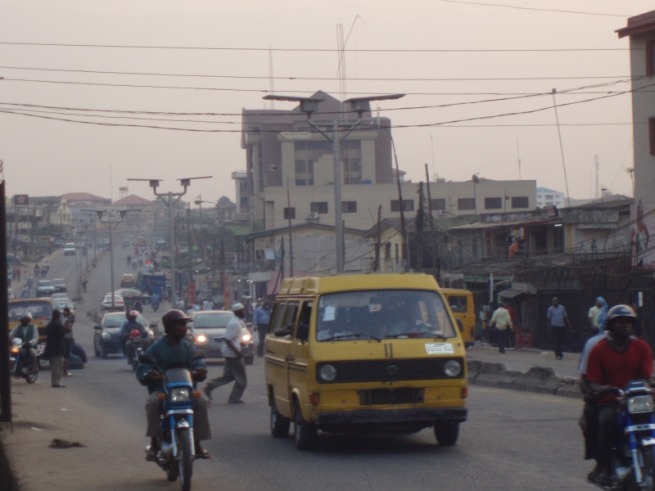
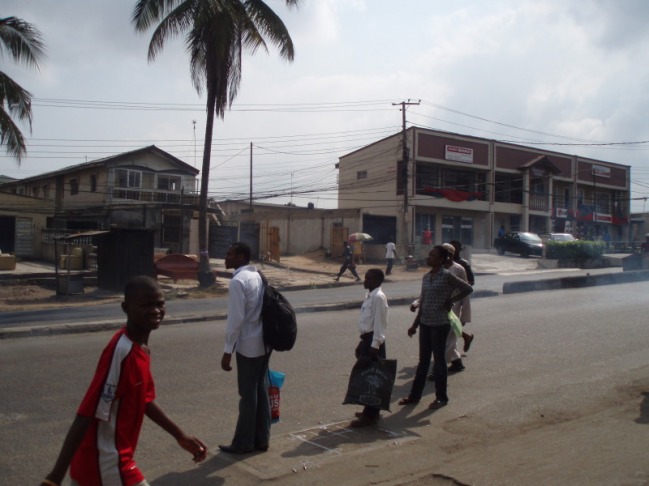
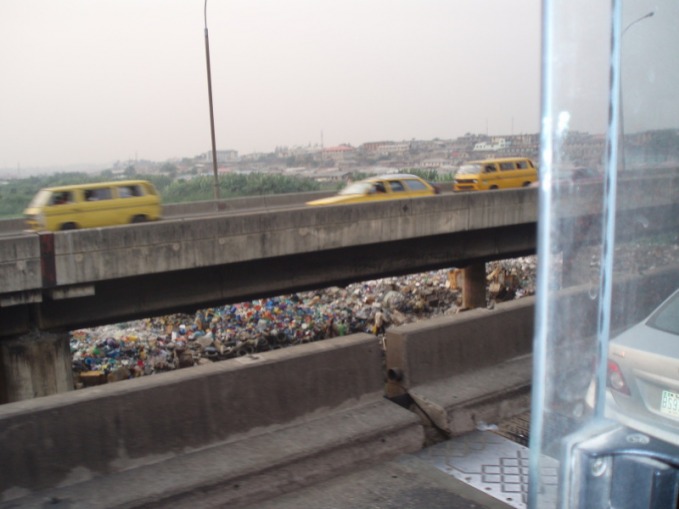
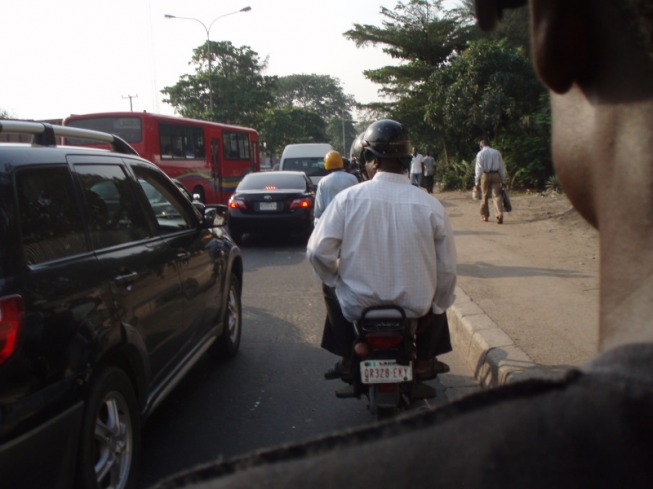
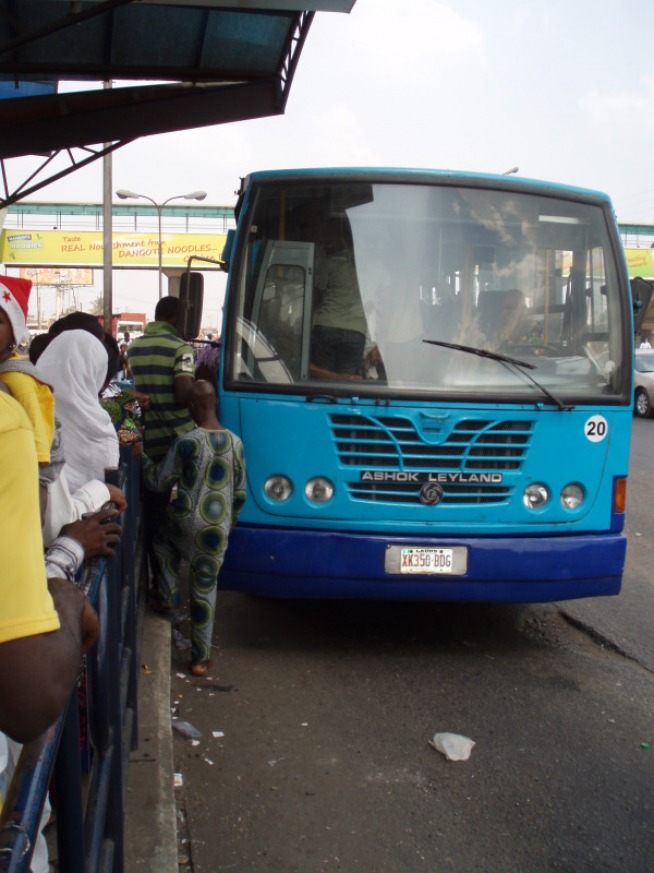
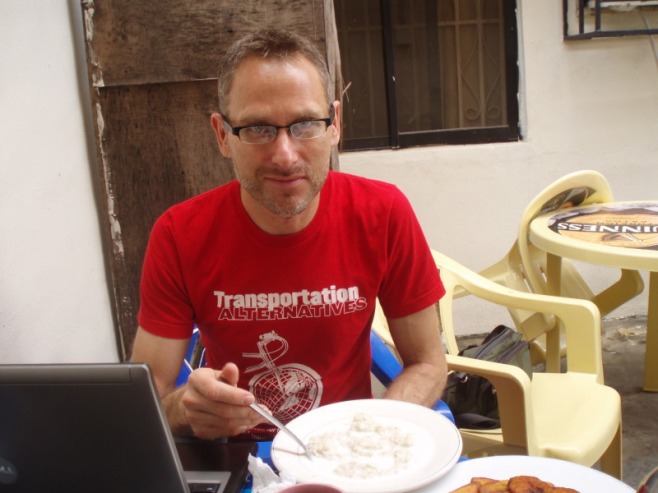

 RSS Feed
RSS Feed

